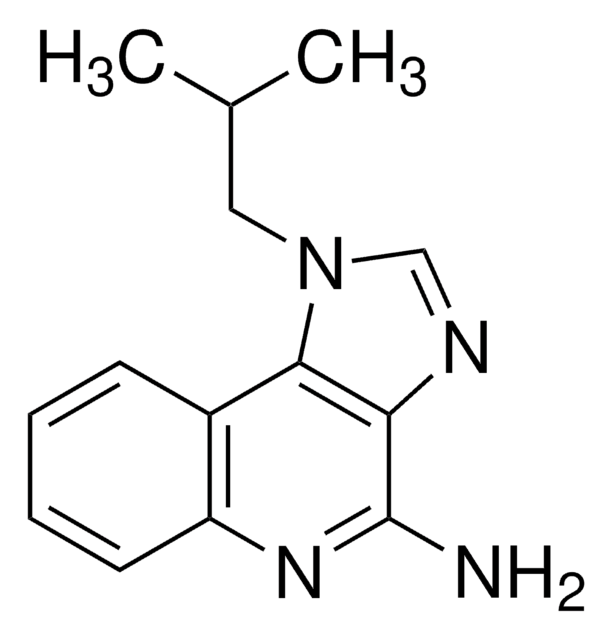SML3610
Gingerenone A
≥95% (HPLC)
Synonym(s):
(4E)-1,7-bis(4-hydroxy-3-methoxyphenyl)-4-Hepten-3-one, (E)-1,7-Bis(4-hydroxy-3-methoxyphenyl)hept-4-en-3-one
Sign Into View Organizational & Contract Pricing
All Photos(1)
About This Item
Empirical Formula (Hill Notation):
C21H24O5
CAS Number:
Molecular Weight:
356.41
MDL number:
UNSPSC Code:
12352200
NACRES:
NA.77
Recommended Products
Quality Level
Assay
≥95% (HPLC)
form
powder
color
white to beige
solubility
DMSO: 2 mg/mL, clear
storage temp.
-10 to -25°C
Biochem/physiol Actions
Gingerenone A is a potent anticancer agent isolated from Ginger (Zingiber officinale) that exhibits minimal toxicity toward normal cells. Gingerenone A potently inhibits JAK2 (Janus Kinase 2) and S6K1 (p70 ribosomal S6 kinase). Gingerenone A significantly suppressed tumor growth in vivo. Also, it exhibits promising senolytic properties. Gingerenone A selectively eliminate senescent cells in WI-38 human fibroblasts rendered senescent by exposure to ionizing radiation.
JAK2 and S6K1inhibitor; anticancer agent isolated from Ginger; it exhibits promising senolytic properties.
Storage Class Code
11 - Combustible Solids
WGK
WGK 3
Flash Point(F)
Not applicable
Flash Point(C)
Not applicable
Choose from one of the most recent versions:
Certificates of Analysis (COA)
Lot/Batch Number
It looks like we've run into a problem, but you can still download Certificates of Analysis from our Documents section.
If you need assistance, please contact Customer Support
Already Own This Product?
Find documentation for the products that you have recently purchased in the Document Library.
Tzu-Jung Yu et al.
Antioxidants (Basel, Switzerland), 11(3) (2022-03-26)
Ginger is a popular spice and consists of several bioactive antioxidant compounds. Gingerenone A (Gin A), a novel compound isolated from Zingiber officinale, is rarely investigated for its anti-breast-cancer properties. Some ginger extracts have been reported to initiate senescence, an
Sanguine Byun et al.
The Journal of biological chemistry, 290(39), 23553-23562 (2015-08-06)
Bioactive phytochemicals can suppress the growth of malignant cells, and investigation of the mechanisms responsible can assist in the identification of novel therapeutic strategies for cancer therapy. Ginger has been reported to exhibit potent anti-cancer effects, although previous reports have
Our team of scientists has experience in all areas of research including Life Science, Material Science, Chemical Synthesis, Chromatography, Analytical and many others.
Contact Technical Service![[10]-Gingerol ≥98% (HPLC)](/deepweb/assets/sigmaaldrich/product/structures/224/210/b4f3e699-03b9-4112-89c1-a63f196344d0/640/b4f3e699-03b9-4112-89c1-a63f196344d0.png)

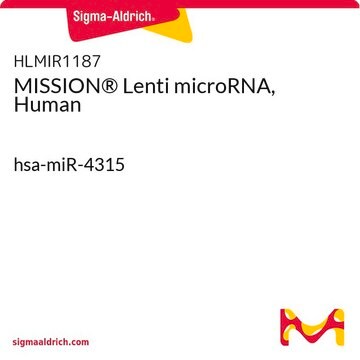
![[6]-Gingerol ≥98% (HPLC)](/deepweb/assets/sigmaaldrich/product/structures/259/444/6877889c-1cc0-47f5-b807-f847deadec1d/640/6877889c-1cc0-47f5-b807-f847deadec1d.png)
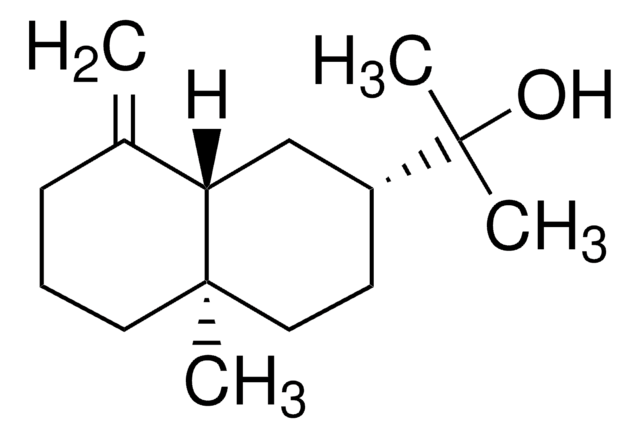
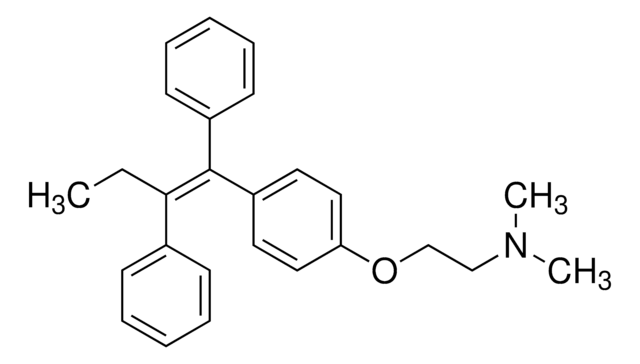
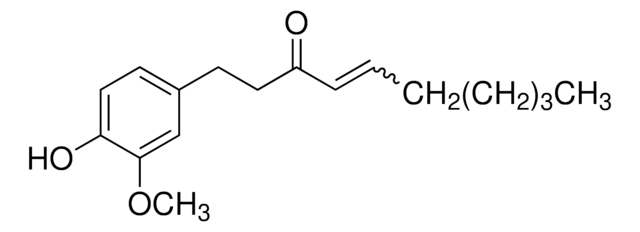
![[8]-Gingerol](/deepweb/assets/sigmaaldrich/product/structures/408/530/af2f2837-3419-4e07-a72b-24e95af0d7ce/640/af2f2837-3419-4e07-a72b-24e95af0d7ce.png)
